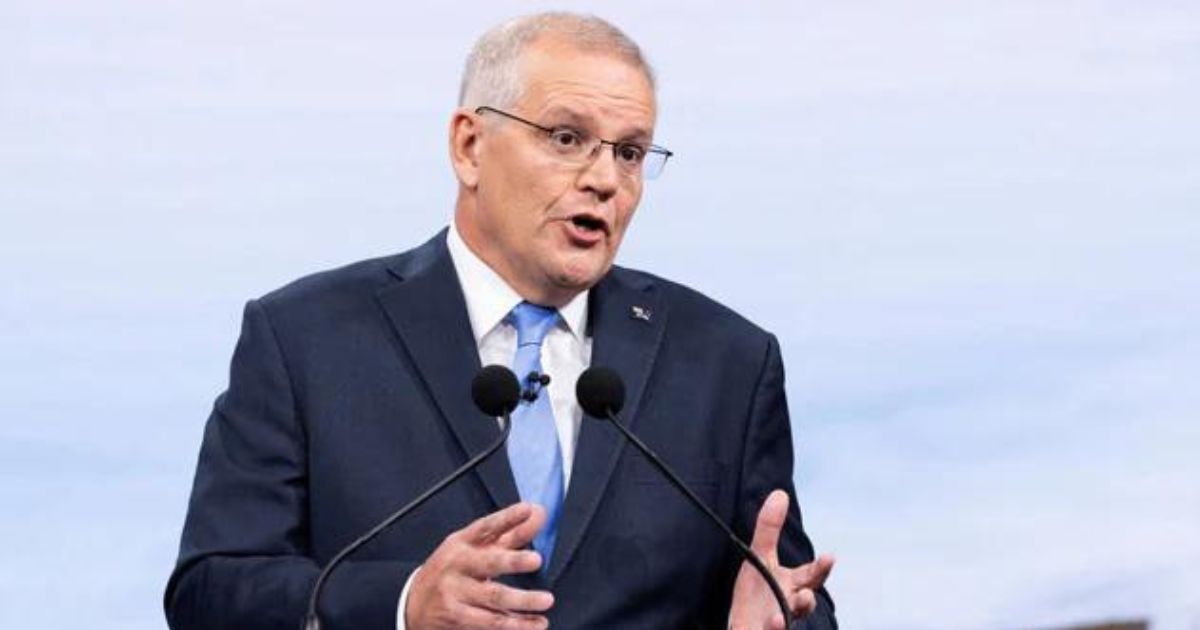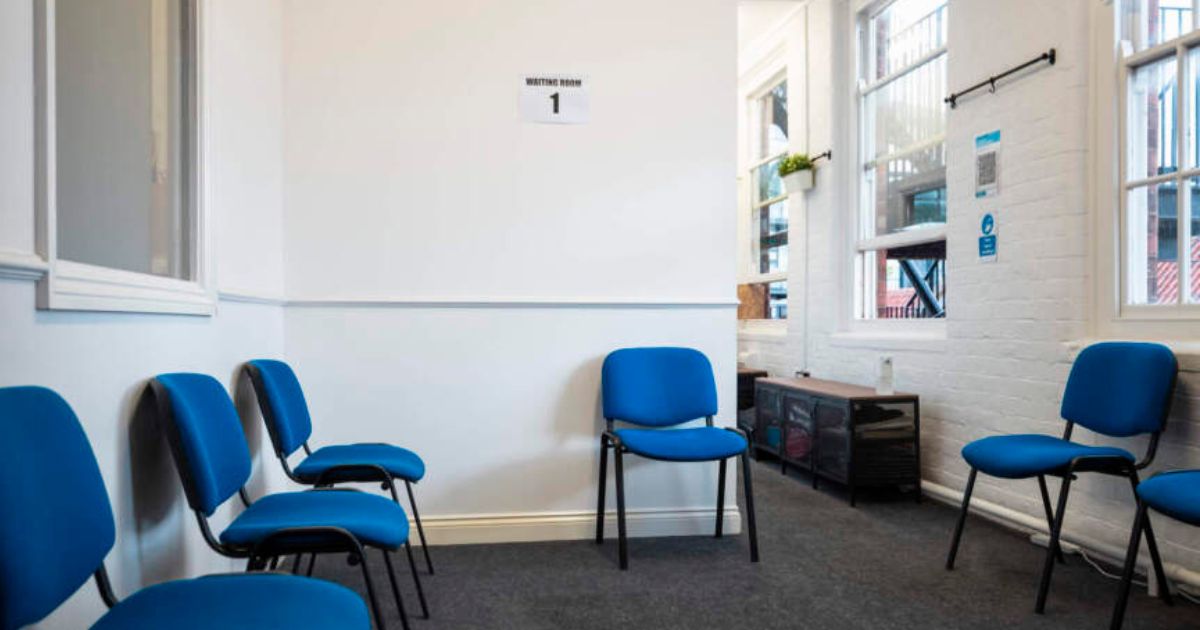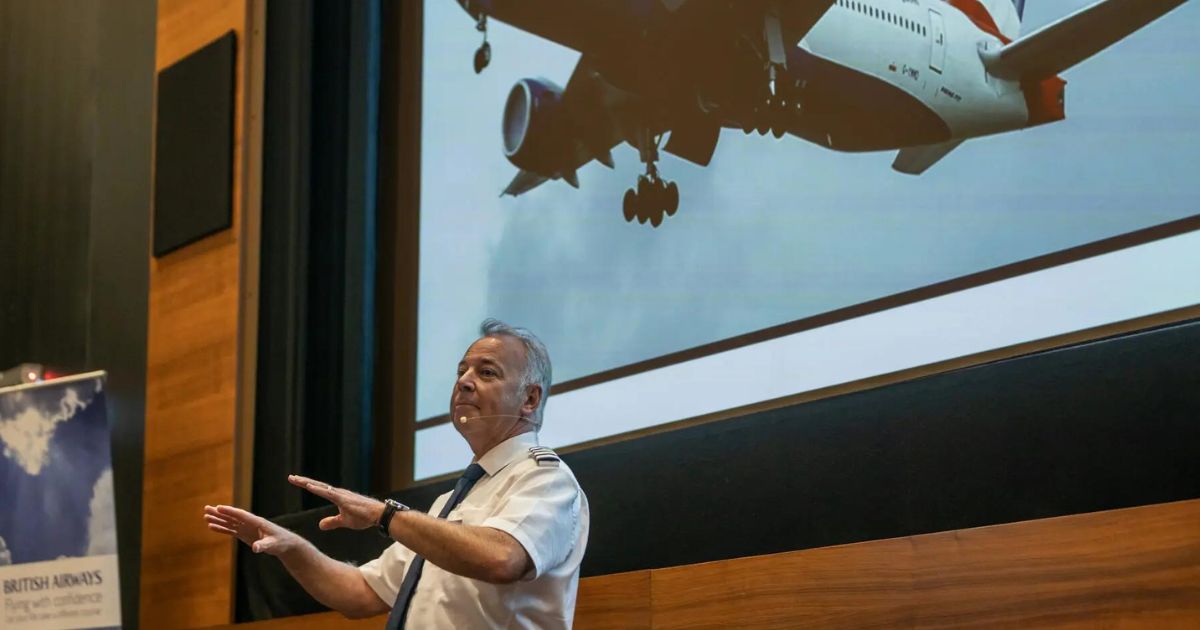In a groundbreaking move towards prioritizing employee well-being, Chinese retail tycoon Pang Dong Lai has introduced an unconventional ‘unhappy leave’ policy.
Founder and chairman Yu Donglai announced that employees will be entitled to request up to 10 days of additional leave when feeling unhappy, emphasizing that “everyone has times when they’re not happy, so if you’re not happy, do not come to work.”
Under this new policy, employees have the freedom to determine their rest time, and management cannot deny this leave, as stated by Yu Donglai, who believes that denial would constitute a violation.
The company’s employment policy also includes measures such as seven-hour workdays, weekends off, and generous annual leave, ranging from 30 to 40 days, with an additional five days off during the Lunar New Year.
Introduction of Unhappy Leave
Yu Donglai expressed the company’s ethos, stating, “We do not want to be big. We want our employees to have a healthy and relaxed life so that the company will too.” Furthermore, the company has introduced a job-level certification system, ensuring fair compensation based on professional capabilities, with even janitors having the potential to earn up to 500,000 yuan annually.
The announcement has garnered widespread support on Chinese social media platforms, with users praising the company’s progressive approach towards employee welfare. With over 65% of Chinese employees reportedly experiencing workplace anxiety and fatigue, this initiative signifies a significant step towards addressing these concerns and promoting a healthier work environment.
In conclusion, Pang Dong Lai’s introduction of ‘unhappy leave’ reflects a growing recognition of the importance of mental health and work-life balance in the workplace, setting a positive example for companies nationwide.








Leave a Reply
You must be logged in to post a comment.